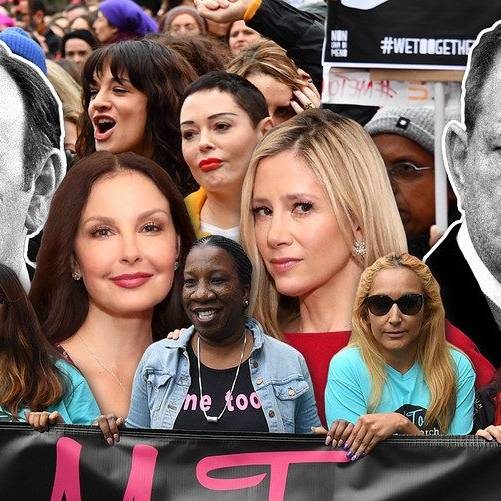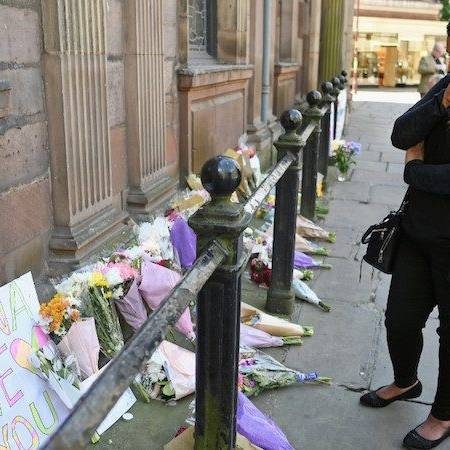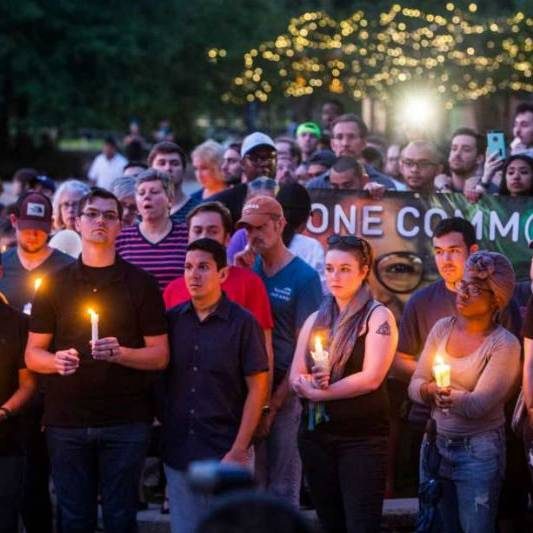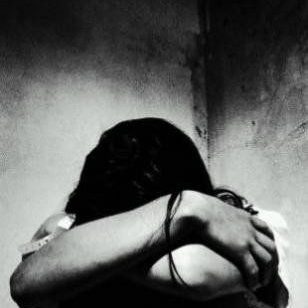It’s the hashtag heard round the world: #BringBackOurGirls.
Everyone from First Lady Michelle Obama to British Prime Minister David Cameron to human rights activist Malala Yousafzai to a plethora of celebrities like Ellen DeGeneres and Angelina Jolie, who is Special Envoy to UNCHR, has joined the social media chorus over the abduction of nearly 300 Nigerian schoolgirls by the militant Islamist group Boko Haram. The girls were abducted from the Chibok Government Secondary School on April 14.
It took more than a week for any mention of the abduction to reach beyond Nigeria, which is Africa’s most populous nation.
A Nigerian women’s rights activist, Onbiageli Ezekwesili first used the phrase #BringBackOurGirls on Twitter. Ramaa Mosley, a human rights advocate and film-reviewsmaker in Los Angeles started a Facebook page of the same name at the same time. Since April 23rd the phrase has been circulating the globe, finally resulting in attention by world leaders more than two weeks after the girls’ abduction. It’s been tweeted over a million times and the Facebook page has over 100,000 members.
The hashtag–dismissed by conservative pundits on Fox News May 12 as “not relevant in the real world”–is credited with bringing attention to the kidnapping.
It had taken 20 days for Nigerian President Goodluck Jonathan to issue a statement about the kidnapping and ask for help from the West. That same day, May 5, Nigerian first lady Patience Jonathan called for the arrest of women protesting the abduction and the lack of response from the Nigerian government. In a particularly nasty exchange, Mrs. Jonathan is alleged to have declared that there was no actual kidnapping, that protesters had invented the story to make the government look bad.
But Boko Haram, whose name means “Western education is a sin,” had released a 57-minute video that day, claiming responsibility for the kidnapping and threatening to sell the abducted schoolgirls into sex slavery.
May 9, the U.S. sent a team of advisers to Nigeria to assist the government in the search for the girls. On May 12, another video was released by Boko Haram, purportedly of about 130 of the kidnapped girls dressed in hijab, reciting “Praise be to Allah, the lord of the world.” It was the first time any of the girls had been seen since their abduction.
Abubakar Shekau, leader of Boko Haram, said the girls, who were kidnapped from a Christian area, had converted to Islam. Shekau also said, “I abducted your girls. I will sell them in the market, by Allah. There is a market for humans.”
The release of the video sparked more protests throughout Nigeria.
The most disturbing aspect of this harrowing kidnapping is it’s not the only one. It’s just the one the world is paying attention to–largely due to the pressure from social media on elected officials and politicians like Obama, Cameron, former Secretary of State Hillary Clinton and others. But Shekau is correct: there is a market for humans–particularly girls and women.
An estimated million women and girls are trafficked each year and Nigeria is a nexus for such traffic. There are an estimated 30 million slaves worldwide, more than at any time in recorded history. They are sex and domestic slaves and more than 80 percent are women and girls. Anti-slavery groups like Walk Free Foundation say three-quarters of a million of those slaves are already in Nigeria.
The majority of human trafficking is for sex. Only about 20 percent is for domestic or other labor, which means the kidnapped girls are, as Shekau said in his original video, likely to be sold as sex slaves.
It won’t cost much. The average price of a girl is only $90, which is why many NGOs have been covertly and overtly “buying back” abducted women and girls in recent years. After the Nigerian schoolgirls were abducted it was rumored that they were already being sold for as little as $12. In 2008, ABC news senior correspondent Dan Harris did a special investigation for Nightline in which he went from New York City to Port-au-Prince, Haiti to buy a domestic slave.
He was able to do so in 10 hours time, for $100.
Sex trafficking is an issue former Secretaries of State Hillary Clinton and Madeleine Albright have prioritized and Hillary spoke out last week about it and the recent abductions. In 1998 then-President Bill Clinton organized an anti-trafficking program run by the State Department and set up a website, www.humantrafficking.org focused on data and information related to trafficking. Albright was the chair, Hillary the honorary chair.
The website currently asserts that the U.S. is “primarily a destination country,” but acknowledges American women have been trafficked to other countries. About 50,000 women and girls are trafficked into the U.S. each year.
According to the U.S. State Department, trafficked victims come from Southeast Asia and Latin America, but former Eastern and Soviet bloc nations traffic women to much of Europe. Women have been trafficked to the U.S. mainly for the sex industry, sweatshop labor, domestic servitude and agricultural work. The average age of trafficking victims in the U.S. is 20 years old, but the average age of sex-trafficked girls is 13 to 17. In Africa, girls and women are trafficked throughout central Africa and into the Eastern bloc.
Human trafficking is the third largest global crime industry after drugs and arms trafficking. More than half of the money made in the business of trading in women and girls is made in developed nations.
On May 12, the New York state legislature put forward a bill to enact tougher penalties against sex traffickers. State legislators said the bill would curb the trafficking of thousands of girls and women each year in New York state.
Anti-trafficking activists insist that education of girls and women is a primary weapon against trafficking, which makes the abduction of the Nigerian schoolgirls all the more tragic. This was their opportunity to escape too-early marriage and a life of servitude. Now, their future and that of so many others remains disturbingly uncertain.
Follow #BringBackOurGirls on Twitter
Follow BringBackOurGirls on Facebook: The main page for news is facebook.com/bringbackourgirls.
Follow for updates. There are also pages in the UK, Canada, South Africa, Australia, DK (Germany) and France.
Further reading:
- U.S. ramps up search for Nigerian girls with “surveillance flights” http://nbcnews.to/1on8Jdk
- Nigerian terrorists bargain for girls’ release http://on.today.com/1jRMSr8
- How to Buy a Child in 10 Hours – Dan Harris – ABC News http://abcn.ws/1l7vCMK
- Malala calls on the world to “save my sisters” in Nigeria. http://ti.me/1g33I7m







